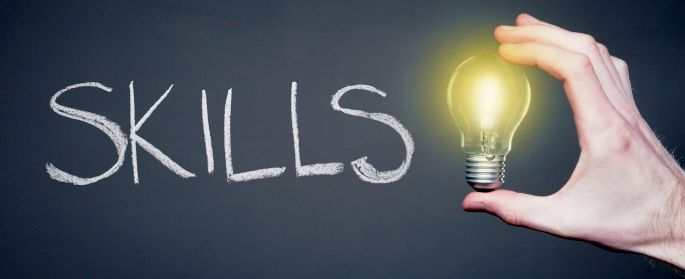- Hard and soft skills (hard skills and soft skills) gain prominence in the selection processes
In personnel selection processes, personal skills are increasingly relevant, specifically, hard and soft skills (hard skills and soft skills).
hard skills or hard skills
They are the knowledge acquired in regulated educational training or through professional experience. They can be taught in academic settings and are associated with technical or knowledge skills.
Also, hard skills are quantifiable and are part of the factual data of the resume.
soft skills or soft skills
Instead, the soft skills or soft skills are difficult to quantify. They refer to the interpersonal and social skills of each person, and they are manifested in the different ways with which we relate.
These skills are not learned in the academic field, but rather are acquired throughout a person's life. Therefore, they are directly linked to emotional intelligence and the personality of each individual and their habits.
Main differences
There are clear differences between the two skills:
- Traditionally, being good at hard skills is associated with the level of general intelligence, or IQ. Instead, being good at soft skills requires greater emotional intelligence.
- The hard skills They are considered the same in all organizations, since in most companies they are given the same importance or weight. Instead, an individual's abilities or skills may be important to one organization and dispensable to another.
- The hard skills They can be learned in schools, academies and universities... with regulated training and different levels of competence. The soft skillsOn the other hand, they are learned in contexts of human interaction and through trial and error.
All skills can be learned and practiced, although hard skills are easier to learn and improve. Really, to improve and acquire soft skills you must invest a lot of time and eliminate acquired vices or prejudices.
Today, organizations value soft skills, as a positive attitude and motivation can make employees acquire new skills, embrace innovations, and become more productive.
In short, the soft skills they are a hard-to-find competitive advantage that can make a difference.

